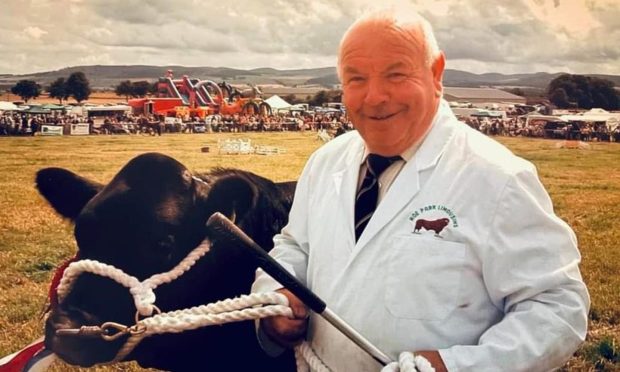The importance of the voluntary ban on importing seed potatoes from outwith Scotland is to be hammered home to ware producers next week by industry levy body AHDB.
The relaxed attitude to the practice was highlighted last week when it emerged that English seed potatoes were being planted in Scottish fields, bringing the risk of importing devastating bacterial diseases and compromising the country’s high health status.
AHDB’s potato director Rob Clayton told growers at a seed industry conference in St Andrews that a new campaign would reinforce the value of the high bio-security Safe Haven scheme which was introduced by the industry in 2004 after outbreaks of ring rot.
Only 60% of the industry has signed up to the scheme and AHDB will encourage a higher take-up.
“We are going to remind producers about the criteria, the protocols that are in place, who audits it and the potential benefits,” he said.
And while Safe Haven is fundamentally a hygiene scheme to maximise protection from diseases such as brown rot and Dickeya, Dr Clayton said it could also become an important marketing tool.
“With Brexit we are going to have to trade on every advantage we’ve got, and high quality seed that’s free from key notifiable diseases is our unique selling point,” he said.
“Reputation is precious and always trumps short term commercial gain.”
Dr Clayton confirmed AHDB would be in contact with the company involved in importing the English seed but said he couldn’t comment on the reasons behind the move – whether it had been accidental, if it had been done for commercial gain or if standards had simply drifted.
And in response to a suggestion that demands by multiple retailers for the speedy delivery of new varieties had encouraged ware growers to take such shortcuts, he said the retail market was changing.
He added: “The days when every retailer had to differentiate by having a new variety, people are waking up to the fact that is a very complicated position to be in. Giving consumers choice and confusion aren’t too distant. A lot of retailers are waking up to that.”
AHDB also pledged to work closely with the sector and Scottish Government to ensure that the industry maintains a low level of the fungal disease blackleg.
Dr Clayton said that while there were no easy answers when it comes to blackleg, the key to maintaining the high health status of the industry was collective responsibility. The event saw a national stock take of current management practices regarding blackleg which will be used to drive future research and best practice recommendations.
nnicolson@thecourier.co.uk










